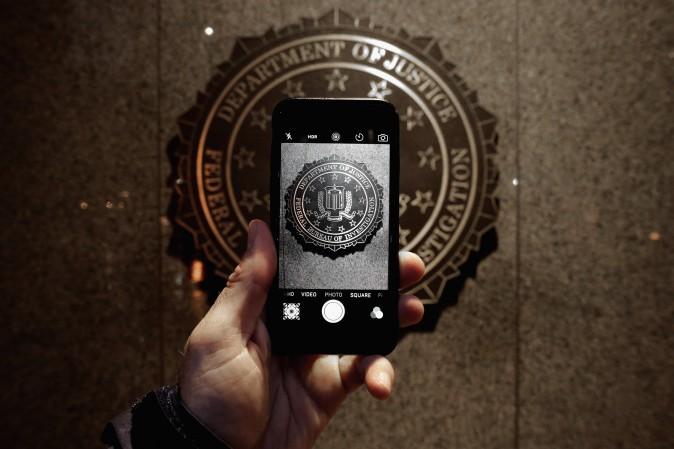On March 1, 2016, cybersecurity expert Susan Landau testified at a Congressional hearing on encryption. Due to the recent dispute between the FBI and Apple, she spoke about the risks involved in unlocking the phone of San Bernardino attacker, Syed Rizwan Farook, cybersecurity, and more.
We speak with Landau, the professor of cybersecurity at Worcester Polytechnic Institute.
ResearchGate: What’s your opinion on Apple’s recent stand-off with the FBI?
Susan Landau: Apple has been working carefully to secure the data on customers’ phones. Most security experts consider iOS to be the most secure platform—the last thing we should be doing is weaken it or undermine efforts in security. This will happen if the District Court decision is upheld. It will bring potentially severe adverse cybersecurity consequences. It’s hard to say how the case will play out. The issue is most likely to move to Congress and how it will act remains unclear. The fact that various members of the defense establishment are strongly in support of securing the civilian sector will be an important factor.





